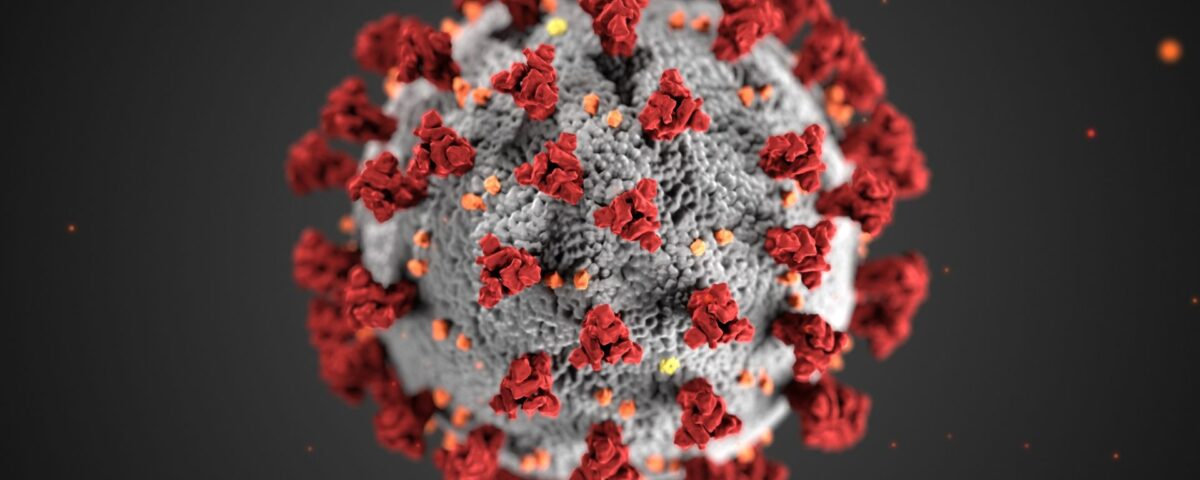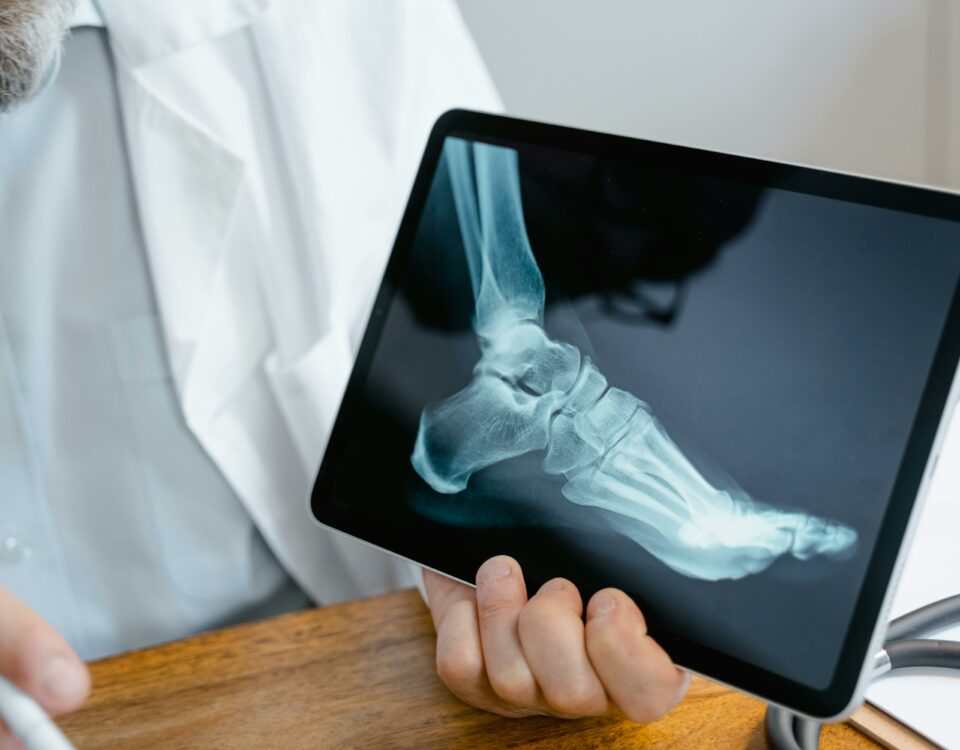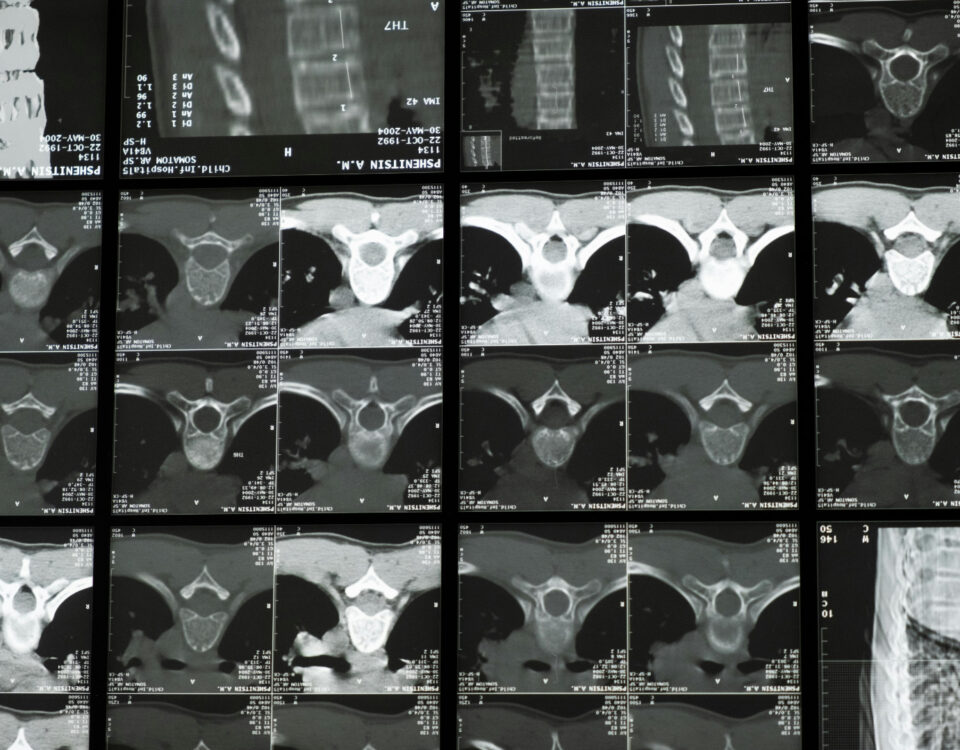
How can I use a Standing Desk?
December 18, 2022
The Information you need after a car accident.
December 29, 2022Might You Need Help with Long Covid?
Have you been hearing a lot about something called “Long Covid?” Might you need help with Long Covid? Maybe you were wondering if you have extended symptoms after having had a case of Covid? Wonder why, at this point – after you have been vaccinated and boosted – and had it yourself, discussing Covid at all is relevant? It’s estimated that 1 in 5 American adults who have had Covid now have “Long Covid”. This blog is about addressing an umbrella of disease conditions lingering after a Covid-19 infection that manifest differently… the definition of a “syndrome”. A number of our patients are experiencing tough symptoms that aren’t going away after their Covid-19 Infection started testing “negative”. While people who have more severe symptoms are more likely to develop long COVID, anyone can get it. Getting vaccines and boosters can help reduce the chance of serious or persisting symptoms. If you are still experiencing symptoms after testing negative, let’s work you up.
What is Long Covid?
Long Covid is an umbrella term, like a constellation of disease symptoms that manifest differently, continuing long after a Covid-19 infection is over. Symptoms linked to Long Covid include headaches or exacerbated migraine symptoms to brain fog, dramatic full-body fatigue, shortness of breath, digestive problems, and muscle weakness. In some cases, we have seen flares of auto-immune connected problems like RA, and effects of Covid-19 on the Central Nervous system and the brain. The symptoms of Long Covid vary in both number and degree.
There remains the consideration of lost of taste or smell or changes in that list of sensations, and sometimes this particular set of symptoms, or the severity of the others, can help predict whether someone might develop “Long Covid” in the first place.
It should be mentioned that different agencies, as this body of information on the virus is studied, define things differently. “Long Covid”, for example, is technically not a medical term. Post Covid Syndrome is defined by the CDC, for example, while the World Health Organization (WHO) is in flux. And to that extent, “Long Covid” should probably really be called “Long COVID-19” lest we devolve totally into “slang”. The National Institute of Health’s research into long covid has been notably delayed.
Who are we seeing in the Clinic?
We have athletes that can’t even do the walk to work. We have office admins with brain fog that can’t keep their own schedule let alone their department’s. We have people who have a flare of symptoms that we had helped them overcome years ago. We have headache patients that are talking about feeling suicidal. We have patient with digestive problems that is affecting their ability to function. Data suggests women may be more susceptiible then men, but that does not change our view on what we are seeing in our male patients. By the way, we have tools to help support you with all or any of that. One of the issues is that in the big change from high speed, bustling work places, or people commuting to work, we now have work-from-home, and housebound people are struggling privately.
It’s estimated that only 20-30% of the people who think they have true “Long Covid” actually have it. But if you add in the concept that 1 in 5 American adults who have had Covid-19 now have symptoms of Long Covid, 20-30% is a pretty significant number.
What can be done in the Clinic?
The first step might be giving your concerns some credence. – just listening toyour details. Maybe you are not imagining this; you have just not made a direct connection between a respiratory syndrome you had months ago and a brain fog and fatigue pattern you have now. Rehabilitative techniques we have always had available in our toolbox will apply here. Powerful mindfulness techniques and tools like CBT (Cognitive Behavioral Therapy can help patients get better. Heart rate monitoring and dietary supplementation, along with exercise and full body adjusting for functional optimization will apply.
Who gets long Covid?
Anyone can develop Long Covid, although patients who have more severe Covid–19 have a higher predilection to go “Long”. Patients who have had symptoms of loss of taste or smell seem to be more likely to have the long problem. People who are not vaccinated or boosted up to current updated standards, definitely including those unvaccinated from the start, have a high potential to have both a much more severe presentation of Covid-19, and more likelihood of developing Long Covid. While those vaccinated and boosted are less likely to “go Long Covid”, data shows that at this time that nobody can count on being spared. So, be wary of “Long Covid 19”.
If I have “Long Covid-19”, can I come in?
Yes, of course. You ceased to be contagious around the time you began to test negative. There is no problem with you coming into the clinic, and you will be treated like any other patient. Depending on what is going on for you, there is a chance we might ask you to take a new negative home test on the morning of an appointment – because remember, you can get Covid right on top of Covid. Once we have gotten that out of the way, you can continue and we just keep track of everybody. Set up an appointment and let’s get at this.
How is Blue Heron handling the COVID-19 Pandemic at this time?
Doctor Sibilla and all staff you will encounter are fully vaccinated with updated boosters. Dr. Dana’s on his fifth shot to date, updating after 90 days for optimum immunity. We are still currently masking inside the clinic, as is required for all healthcare facilities. If you don’t have an appropriate mask, we will provide you with one. Access Chiropractic safely and securely at Blue Heron Chiropractic & Healing Arts Center, with Dr. Dana Sibilla, DC DABCO FIANM




